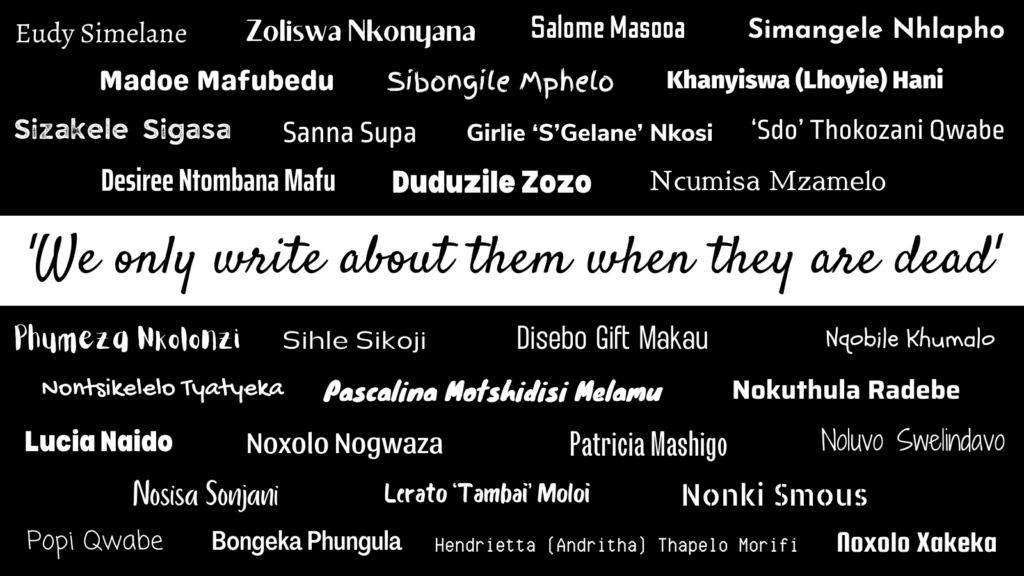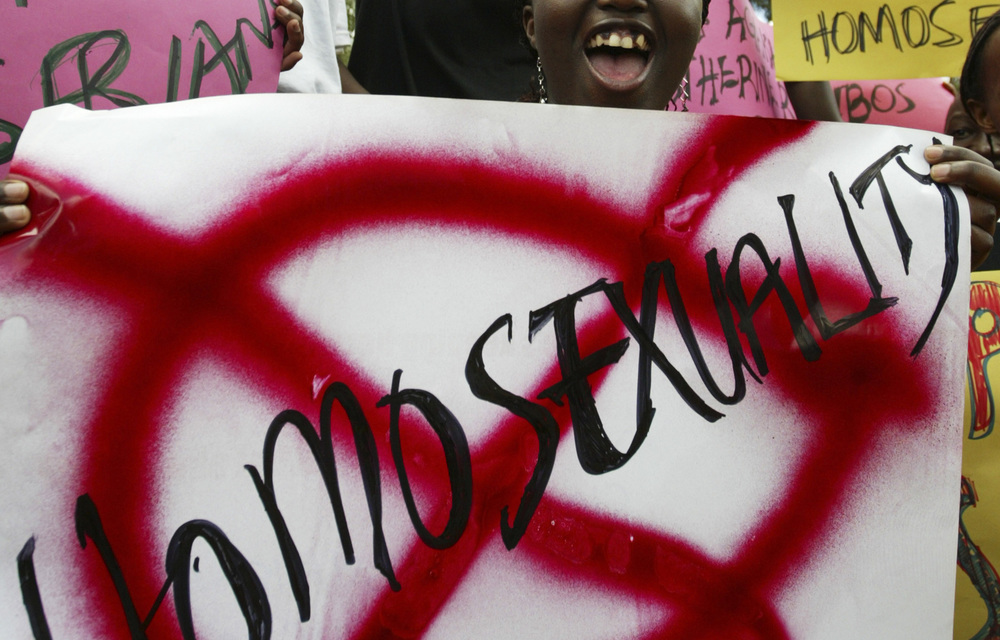- In Uganda, being gay is a crime punishable by death, and failing to report homosexuality is a criminal offence.
- The new law will have a disastrous effect on Uganda’s HIV epidemic, since the prospect of jail or death will result in fewer people asking for HIV prevention or treatment. Men who have sex with men are, for instance, already more likely to become infected with HIV.
- In this moving account, an HIV activist describes her relationship with her gay son and her fears over Uganda’s homophobic Bill that makes his sexuality a crime.
COMMENT
A toxic wave of homophobia is surging across East Africa. It is crashing down in Uganda, where members of parliament recently passed a Bill that makes being gay a crime punishable by death and not reporting homosexuality a criminal offence. The most common refrain echoed by the anti-gay movement is that homosexuality is “un-African”.
That belief is totally unfounded and ahistorical. As an African mother who has raised a gay child, it breaks my heart to hear such arguments. I know that my son and thousands of other children across Africa are both gay and fully, proudly African.
In our home and in our neighbourhood in Cape Town, South Africa, Lilitha Mafu was always unique. As early as his third birthday, we knew he had certain qualities that set him apart from his brothers. At his daycare, he would identify as a princess, and he would insist on being dressed in more feminine clothes than his brothers in those early years.

As a mother, I did not want to fight that. I knew I needed to support him to be who he really was, and so that’s how he grew up. Later, he identified as gay. Today he is 21, and when people ask him when he “came out of the closet”, he often says that there was no closet for him to come out of, as his family accepted him from the beginning, and made him realise he had nothing to hide or be ashamed of.
Like many other gay children, he faced stigma and discrimination in school and elsewhere, but he would lean on his family and his resilient character to negotiate those difficulties.
Today, he is a strong advocate for social justice, believing that all human beings – African or not – must have the opportunity to be who they are and to love whom they want. I am proud of the young man he has become and will always fight alongside him for the realisation of that just world. If the Uganda Bill becomes law, it will mean that gay men such as Lilitha will have no right to exist in Uganda. That is a situation that I, and every African mother of a gay child, will be prepared to fight.
One step forward, two steps back
I love a good fight. Two decades ago, Aids was sweeping across Africa, killing millions of people, eviscerating families, tearing down communities and destroying economies. In those dark and desperate days, I joined the HIV movement to play my part in fighting to save lives.

As advocates, we poured into the streets to fight for the rights of millions of people who had been denied treatment. We called out governments for neglect and pharmaceutical companies for putting profits before people. We demanded measures that would ensure access to treatment for all.
In those days, President Yoweri Museveni’s fight against the virus was tremendously inspiring. He pioneered high-level political leadership and galvanised Uganda to force HIV and Aids into retreat. Many of us in the HIV movement were fascinated by his leadership. We praised Museveni and condemned other leaders – such as Thabo Mbeki, then president of South Africa – who seemed tone-deaf to the realities of the disease.
Once again, it is an occasion for Museveni to lead from the front. If the president signs the Bill passed by parliament into law, the effect will be a huge setback in the fight against HIV. Criminalising sexual orientation denies people access to healthcare and predisposes them to acquire diseases.
How Museveni could reclaim his role in the HIV fight
If allowed to stand, the new law will significantly and adversely affect Uganda’s ability to end Aids. In 2021, globally, the risk of acquiring HIV was 28 times higher among gay men, and other men who have sex with men, and 14 times higher for transgender women. In Uganda, HIV prevalence among men who have sex with men has been estimated to be more than 13%, while that of the wider population is only about 5%.
Studies show that when people face stigma and discrimination – or when they are abused, incarcerated or prosecuted because of their sexual orientation – they are less likely to seek testing, prevention and treatment for HIV. These actions curtail access to health services and undermine efforts to control HIV. Due to the moral panic caused by increased homophobia, this has already started to happen.
By setting aside this offensive Bill, Museveni can reclaim his leadership role in the Aids response and help entrench health as a human right in Uganda and beyond. He can give hope and meaning to thousands of gay Ugandans who fear this law will destroy their lives.
If the president rejects this Bill, this will be another big win for those defending African human rights, such as my son Lilitha and me. As well as the events in Uganda, our greatest fear is that if the homophobia epidemic sweeping across East Africa is not curtailed, it will spread and upend the lives of millions of gay men and women across our beautiful continent and permanently harm the fight against Aids.
This article was originally published by The Guardian’s global development project — part of Guardian News & Media Ltd.
Linda Mafu is the head of Civil Society and Political Advocacy at the Global Fund, and she has dedicated her career to fighting discrimination and stigma associated with AIDS.

